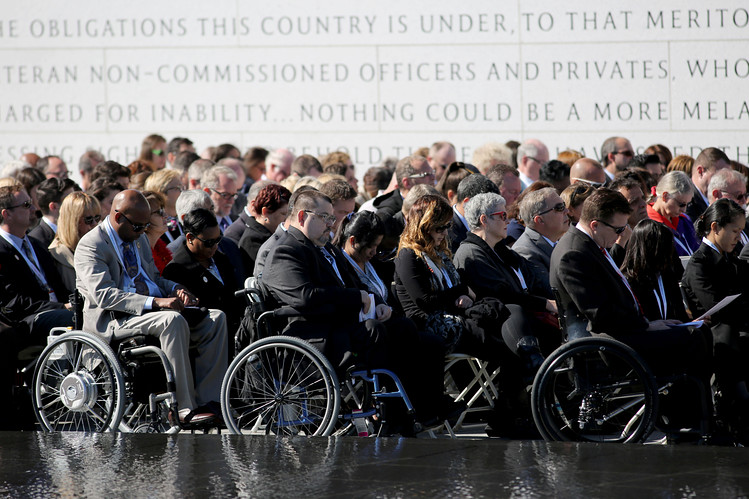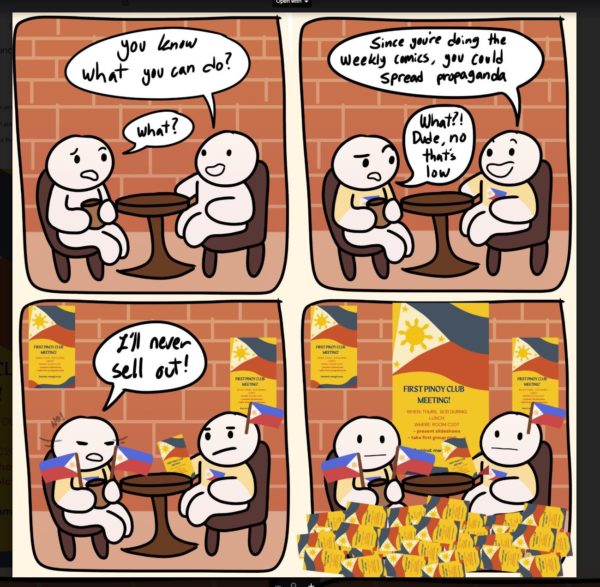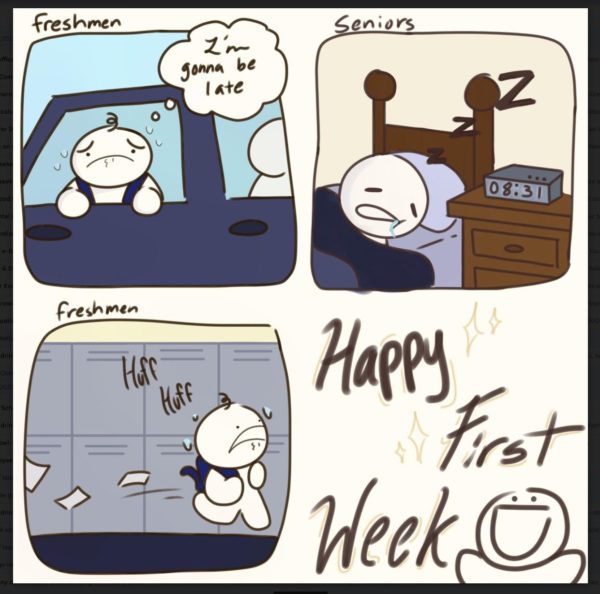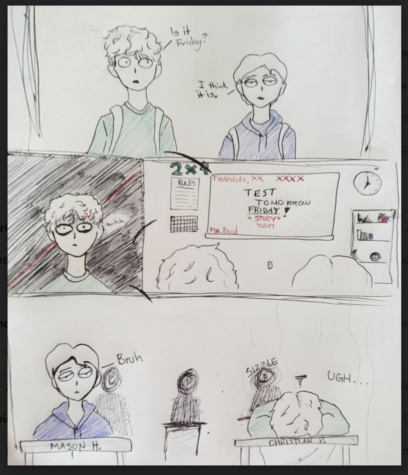Unrequited Patriotism (Veterans Series, Pt. 1)
December 17, 2018
He was told by doctors that he’ll never walk again, Arthur Boorman was a paratrooper in the Persian Gulf War, a war in which the US intervened by request of Saudi Arabia and Egypt to prevent Iraq’s invasion of Kuwait.
During his tenure, Boorman’s back and knees stop functioning properly, resulting him having to rely on wheelchairs and canes. Having been told he’ll be immobilized without aid he fell into depression but still with hope. Boorman contacted many yoga instructors but to no avail, all saw his situation as a lost cause. Diamond Dallas didn’t see it that way, the former wrestler was now a yoga instructor and decided to assist Boorman in his time of need. The beginning was troublesome, fall after fall but with every fall came an effort to try again, the level of determination spurred Boorman to experience weight loss, strength gains and ultimately without a cane he could walk again, and soon found himself sprinting.
Unfortunately, the life of former military men doesn’t always skew positive, sometimes they end up in the streets, in Springfield, Missouri Lester, a Vietnam veteran has been living in his car ever since he came back from his term of service. Lester’s experience is shared with many others, here in the United States. We have 40,000 homeless veterans with 11,000 being in California alone.
Why do so many veterans end up homeless if they receive plenty of financial assistance? Veterans are eligible for the following: they may receive up to $400,000 in life insurance through the Servicemembers’ and Veterans’ Group Life Insurance program, they can get offered up to $2,000 to help cover the cost of certification courses or other vocational training programs, basic health care and education benefits available to them through the Department of Veterans Affairs and a plethora of other services.
Financially, veterans have an opportunity but that isn’t really the issue. The issue is what they bring from their tenure, wounds, some mental and some physiological. The Substance Abuse and Mental Services Administration conducted a study, concluding that only half of returning veterans who need assistance will get any. Leaving many troubled.











